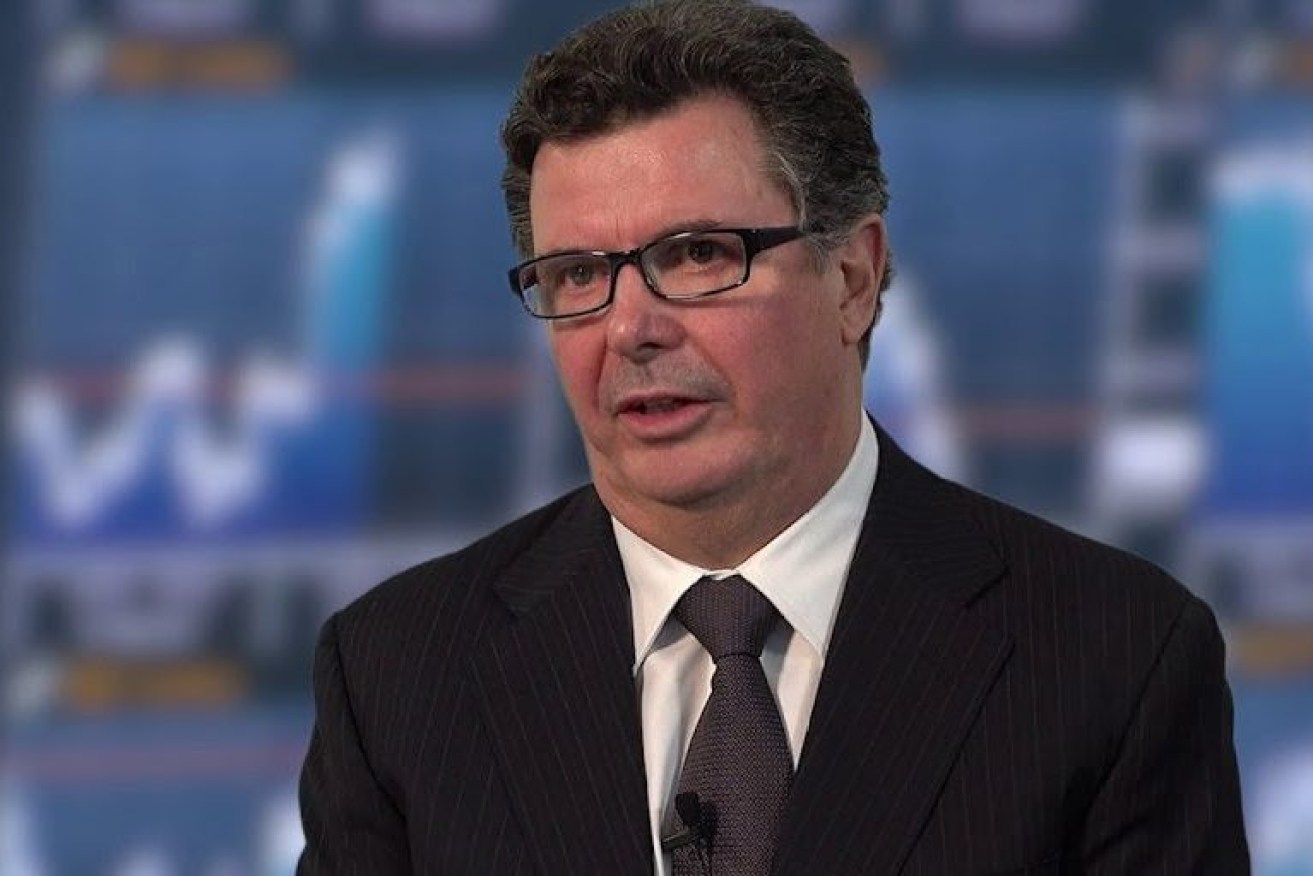Robin Hood economics: QIC says mining windfalls would be better spent on the poor
Tax revenues from the windfall profits of mining companies should be directed towards income support for the vulnerable rather than letting wages increase at a time when company profits were moderating, according to the chief economist at the State Government’s investment manager QIC.


QIC economist Matthew Peter has said the RBA is too inward looking.
Tax revenue from mining has exploded this year following the significant increases in coal prices. Thermal coal, used in generating electricity, is selling at a record $US472 a tonne while Macquarie recently forecast coking coal would sell for $US350 a tonne next year and slightly lower this year.
While not singling out Queensland, the suggestion from QIC follows the State Government’s hike in royalties for coal. At the highest tier, royalties have increased from 15 per cent to 40 per cent and the Queensland Resources Council has claimed that the industry had paid as much in state royalties in the first six weeks of the new tax regime as the Treasurer said it would cost the industry over the year.
While commodity prices and mining company profits had soared, wage growth was weak and had fallen behind inflation, which meant the income of Australians was falling.
QIC chief economist Matthew Peter said that pushing for an acceleration in wage growth beyond market driven forces at this stage “seems fraught with the danger of pushing up costs to businesses at a time when profitability is likely moderating, anyway”.
“A better policy may be to provide income support to the vulnerable using tax revenues garnered from the windfall profits of the mining sector rather than risk artificially forcing wage growth, at the risk of higher inflation and higher interest rates, at a time when the economy may be at its most vulnerable,” he said.
He said real wages and the wage share of the national income had fallen since the outbreak of Covid. Consequently, the profit share in the GDP had increased and Australia’s terms of trade had boomed as commodity prices soared.
He said inflation would continue to rise over the remaining months of this year, but it should “top out” by year end.
“Wage growth will continue rise over the remainder of this year and over 2023 and lead to rising real wages,” he said.
“The fall in the prices of iron ore, coal and gas will see profits of miners decline and the wage share of GDP to rise.”
He said the price of iron was already down by about 20 per cent on average over the September quarter.
“Consequently, the profit share of the mining sector will return to more normal levels and the wage share of GDP will rise,” he said.












